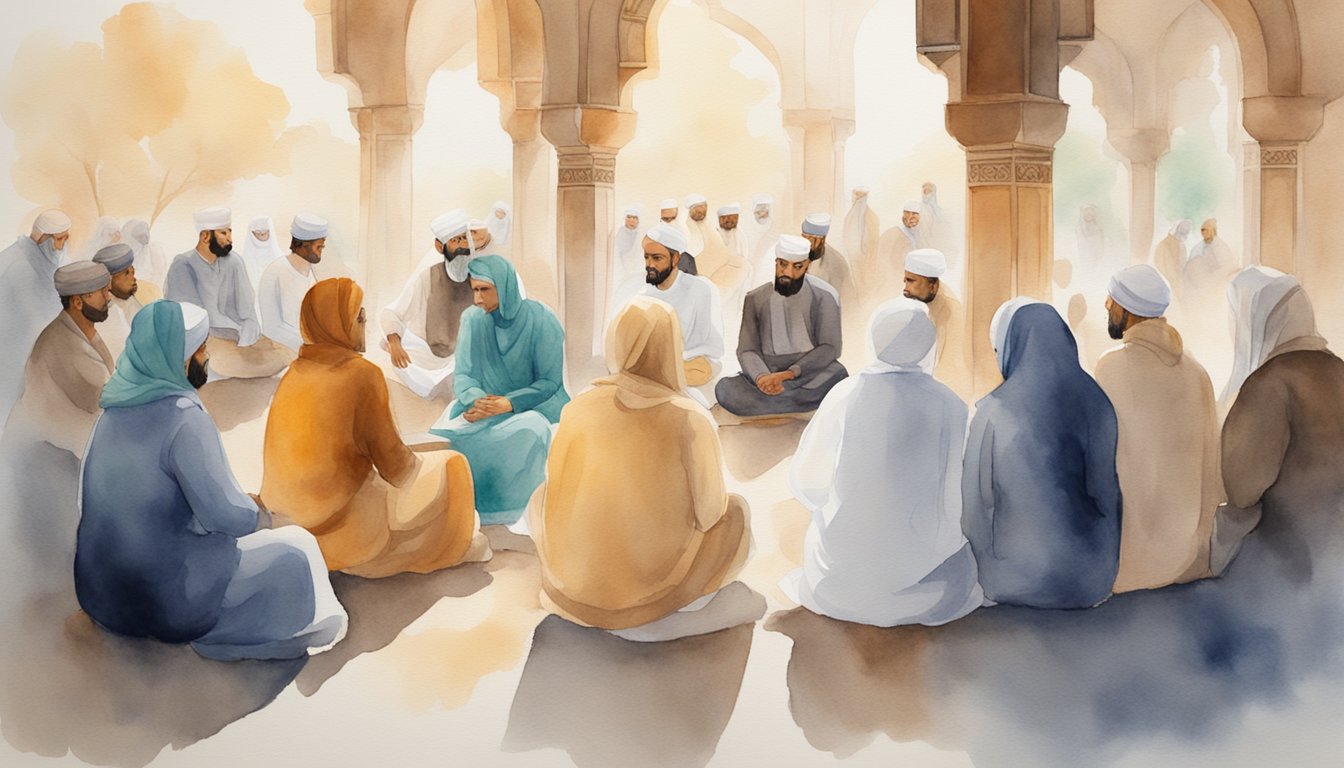Abortion in Islamic Perspectives
In exploring abortion within Islam, it is essential to examine both the religious texts that provide the foundation for its ethical stance and the various interpretations of Islamic scholars across different schools of thought. This inquiry reveals a complex tapestry of views on the sanctity of human life, the moment soul enters the body, and the conditions under which abortion may be deemed permissible.
Scriptural Foundations and Ethical Considerations
The Quran and Hadith are primary sources guiding Muslims on the ethics of abortion. Life is considered sacred in Islam, and the Quran emphasizes that all life is created by Allah with a purpose. The Hadith, specifically in collections like Sahih al-Bukhari, further discuss the consequences of ending an unborn life. These texts underpin the belief that life should be protected, but also offer context for understanding the circumstances in which terminating a pregnancy could be allowed.
Islamic Legal Opinions and Scholarly Interpretations
Islamic law, or Sharia, is interpreted by scholars who offer their perspectives based on the Quran, Hadith, and established Islamic jurisprudence. While there is a consensus among scholars that abortion is generally haram (forbidden), opinions diverge when considering the specifics of each case. Sunni and Shiite scholars interpret the texts to varying extents, with some schools of Islamic thought, such as the Hanafi madhab, allowing abortion up to 120 days under certain conditions.
Islamic Ethics and the Stages of Pregnancy
The stage of pregnancy plays a critical role in the Islamic ethical stance on abortion. Many Muslim scholars reference a Hadith wherein the Prophet Muhammad describes stages of fetal development, culminating in the belief that the soul, or ruh, is breathed into the fetus at around 120 days. This has led to some schools of thought permitting abortion before this point, especially if the mother’s life is at risk or if the pregnancy is due to rape.
The Question of Ensoulment in Islamic Doctrine
Ensoulment, or the moment the fetus is believed to receive a soul, is a pivotal concept in Islamic doctrine regarding abortion. Scholars have debated when ensoulment occurs, with implications for the permissibility of abortion in Islamic ethics. The general view held in Sunni Islam is that ensoulment happens at 120 days into the pregnancy. However, interpretations can vary, and Shia scholars might have differing opinions on the exact timing and its ethical repercussions related to abortion.
Each of these components—scriptural directives, legal rulings, ethical considerations around gestation, and the spiritual concept of ensoulment—contributes to the multi-faceted Islamic perspectives on abortion.
Social, Moral, and Health Considerations

In addressing the complex issue of abortion within Islam, it is crucial to explore the social, moral, and health considerations that influence decision-making. These considerations intersect with Islamic principles and affect the lives of individuals and communities.
Abortion Due to Rape or Incest: Evaluating the Circumstances
In instances of rape or incest, Islamic scholars often consider the severe psychological and social impacts on the victim. When examining the permissibility of abortion, the mental health of the mother plays a crucial role alongside her physical well-being.
Health Risks and the Principle of Preserving Life
Islam places significant emphasis on preserving life. If a pregnancy endangers the mother’s life, many Islamic scholars and medical professionals agree that abortion may be permissible to save her. This extends to both immediate health risks and potential long-term complications that could arise.
Socio-Economic Factors and Contraception in Islam
Socio-economic challenges are relevant in discussions about contraception and abortion. Islam acknowledges the hardships that can come with unplanned pregnancies, prompting discussions about responsible birth control and family planning. However, the protection of potential life is a key consideration in determining the morality of abortion.
Contemporary Debates and the Global Muslim Community
The Muslim community around the world engages in contemporary debates about the ethics of abortion, reflecting diverse opinions influenced by varying interpretations of Islamic texts, medical insights, and cultural contexts. These discussions often involve considerations of women’s rights, societal welfare, and evolving legal frameworks.

